INDICO Encounters with Deltino Guerreiro and Josefina Massango – Art to exist
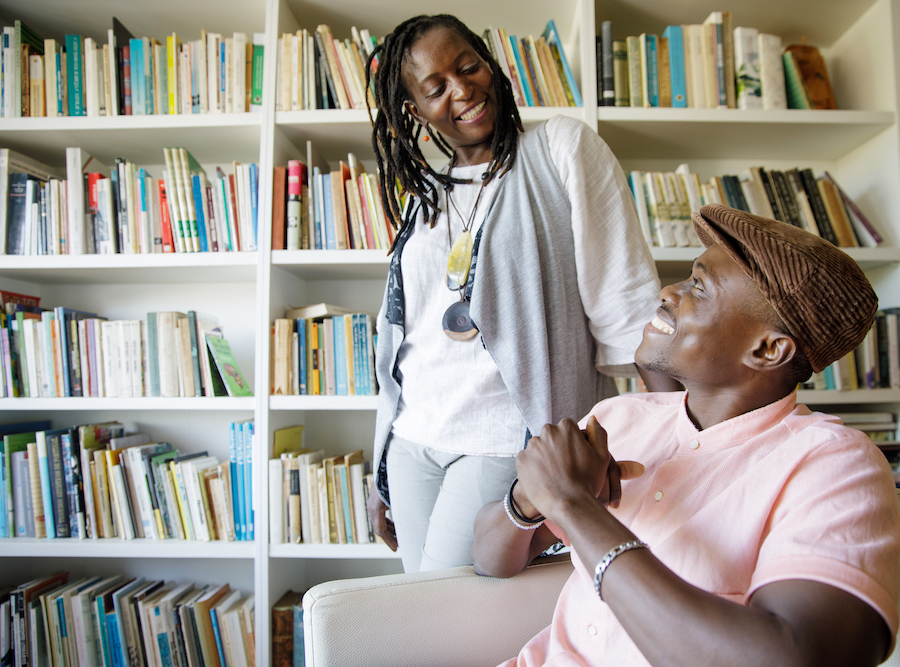
With a thousand meticais coin, in the late 90s and early 2000s, in a village of Montepuez, district of Cabo Delgado, Deltino Guerreiro and his friends paid for access to an improvised movie theatre. They listened to music on other occasions. Those were joyful moments. And, in the darkness of the night, around the fire, between the humming of crickets and the crackling of the wood that keeps the light, he and his gang, in the midst of farmers without electricity, imposed their voices and laughter, remembering cinematic scenes and songs they had heard and seen in the village.
Unconsciously, following the crooked lines that write our stories and stories, music determined the course of his life, back in Nampula, where he went to live after completing the initiation rites as a teenager. “I did it, it’s culture, it’s customary, for us it’s biblical (laughs),” Deltino says enthusiastically, noting that, contrary to the image of suffering in the rites, he sees the experience as a form of education. “It is an important lesson, we may have to review health issues, but it educates.”
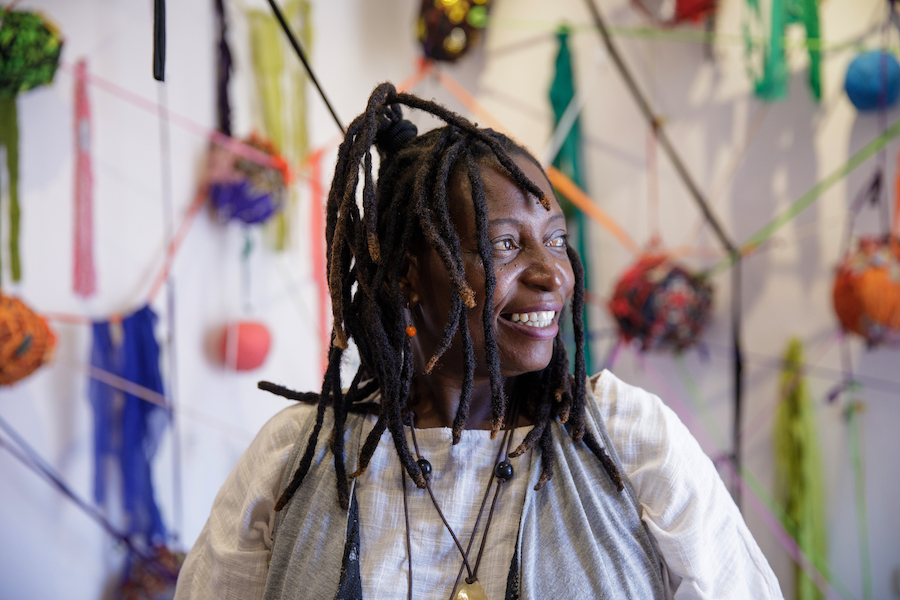
He joined rap groups to do back vocals. Encouraged by an aunt who saw the light in him, he moved to Maputo in order to try a solid career with more chances of succeeding.
At 31, these pieces of memory remain clear in Deltino Guerreiro, composer and performer, author of the albums Eparaka (2016) and Rokotxi (2022). Works in which his Macua roots are evident, the Arabic chant with spice by Milton Gulli, in the first and a mixture of sounds from other geographies that influenced Guerreiro himself.
Seated in front of the Cinema and Theatre actress, professor at the School of Communication and Art and Artistic Director of Cinema Scala, Josefina Massango, in an improbable conversation, the purpose of this Indian Ocean Encounters, he goes through episodes that, although he is not aware, define his trajectory.
It is on stage that Jossefina Massango she feels full, perhaps because of the challenge of the moment, of seeing the reaction in the audience’s face.
The proposal for this conversation is the result of a partnership between the Fernando Leite Couto Foundation and Índico, the Mozambican Airlines in-flight magazine, with the aim of bringing together artists from different disciplines and generations in an informal conversation.
Now entering her thirty-year career, Josefina Massango, who started out in professional theatre casually at Casa Velha, considers herself lucky. She remembers the first stimuli, at the 24 de Julho Primary School, overlooking the sea, in Alto-Maé, in cultural activities class.
“We danced, sang and recited poems,” she recalls, countering that “today, I dance poorly, but I need these other disciplines to be complete in acting.”
Advertising
As a teenager, basketball player at Clube de Desportos do Maxaquene, in search of herself, she frequented theatres. And then becoming an actress was a matter of being part of a show: The Good Person of Szechwan, written by Bertolt Brecht, performed at the mythical Teatro Avenida. “I contacted Mário Mabjaia and Machado da Graça to take me in. They were preparing the play O Osso and Machado gave me to read the speech of a character, Rebeca, who was the wife of a village chief who wants to eat his piece of meat alone, a comedy. I was approved and from there it was about letting imagination roam free.”
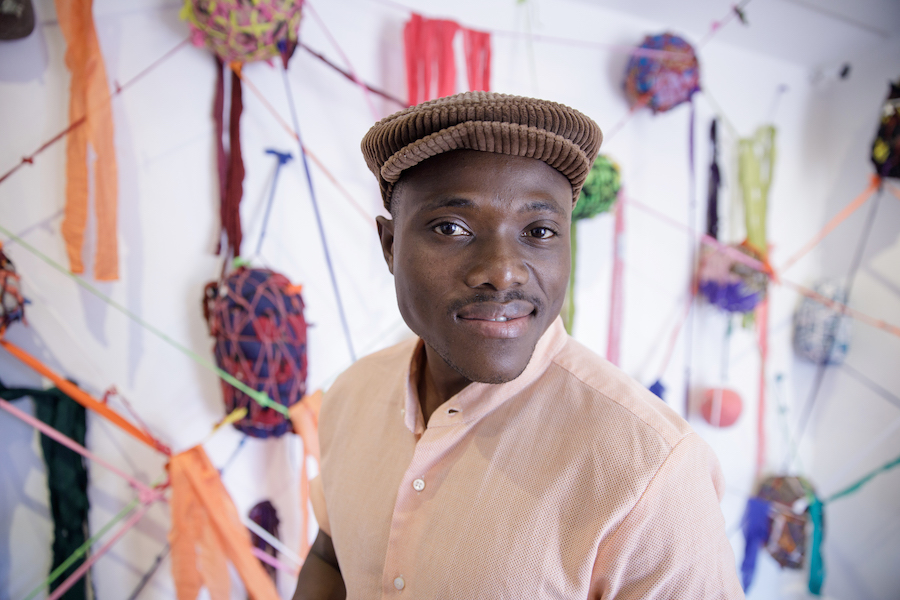
In “Eparaka” (2016) and “Rokotxi” (2022) sounds from other geographies are evidenced that influence the Guerreiro himself.
From that episode to this day, there were several stages, 20 years of which in Portugal, where she graduated in Theatre and had children.
Josefina Massango is also a filmmaker, with the last feature films already premiered being Ruth and Mosquito. Having, in the first, the protagonist role, as the mother of Eusébio, one of the best football players ever, born in Mafalala.
It is on stage, however, that she confesses to Deltino Guerreiro that she feels full, perhaps because of the challenge of the moment, of seeing the reaction in the audience’s face. And anyone who sees her on stage in Chovem Amores na Rua do Matadouro, a show that is on tour in Portugal, can confirm. She enters the stage in a wheelchair, pushed by her daughter (played by the actress Joana Mbalango), she is a woman sickened by machismo and no one can say that she is not sick. So when she says, already walking on her own feet, just before the curtain closes, “we are women, we are like rain, we tumble, but we never fall,” it sounds like a cry of freedom.
Issue 74 Jul/Aug | Download.
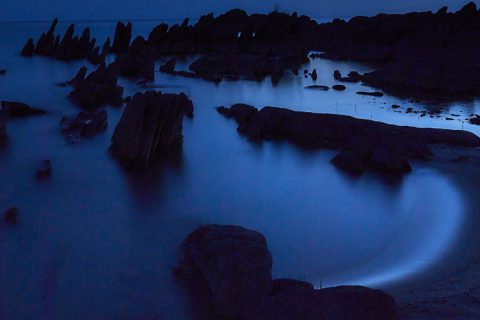



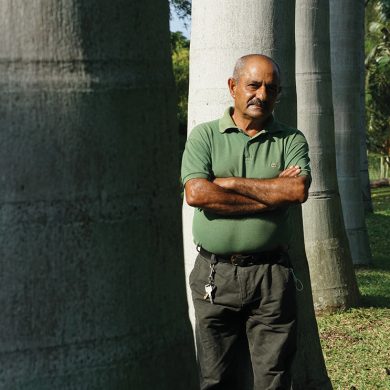
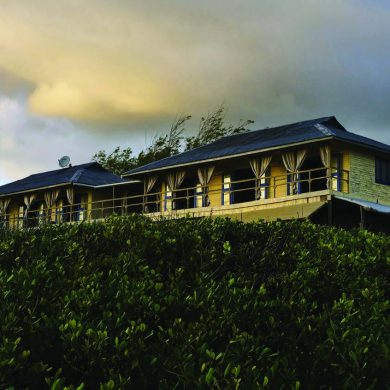
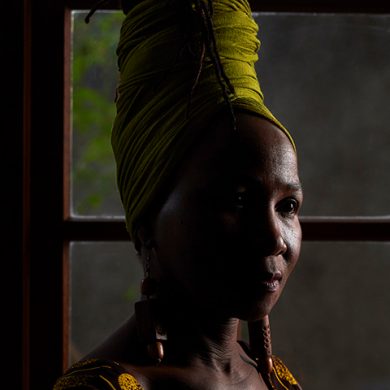
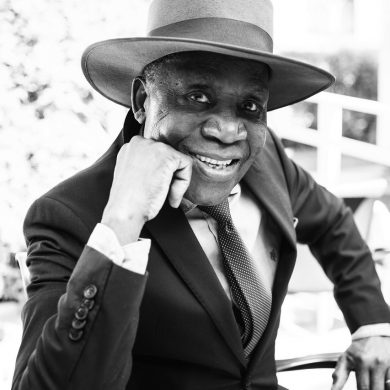
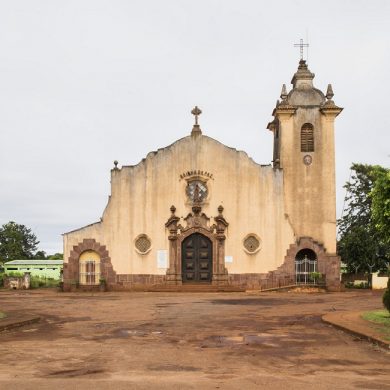
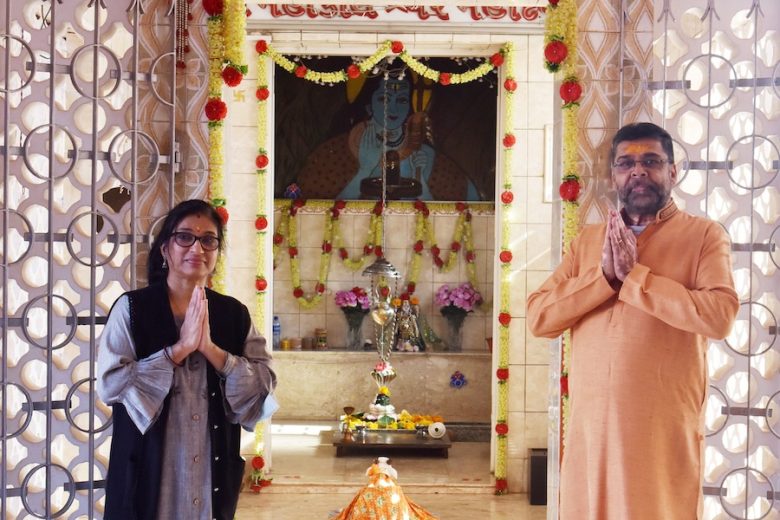
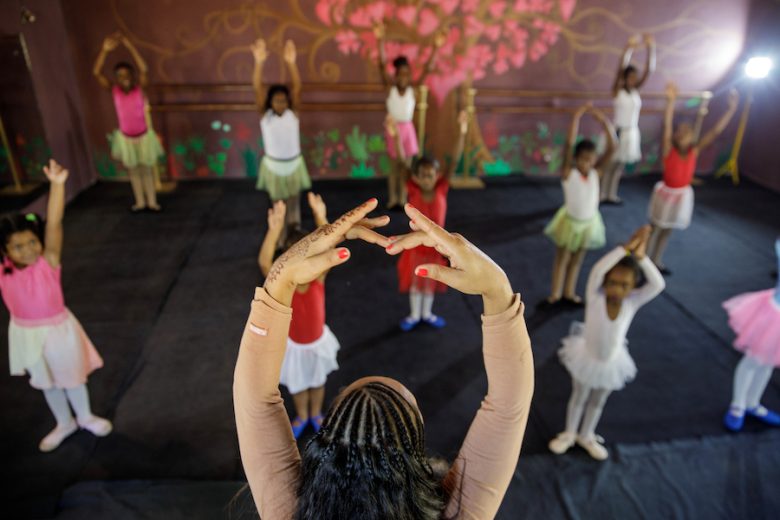













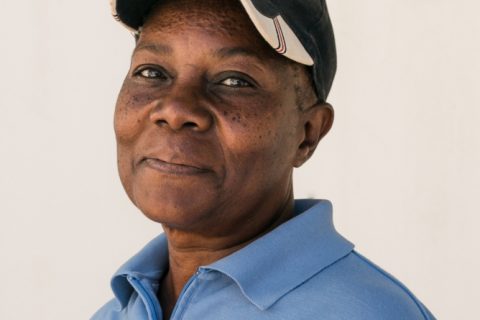
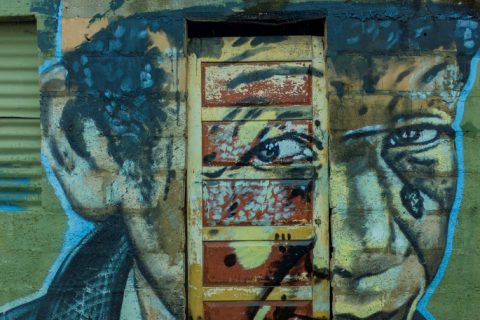

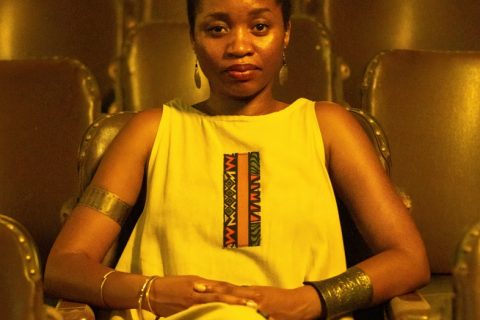
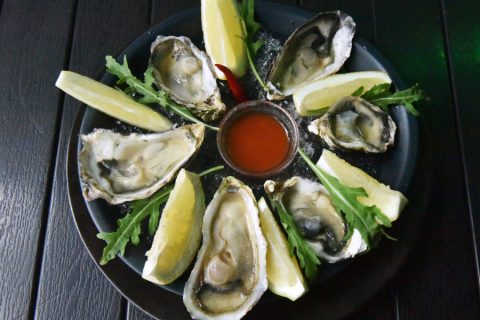
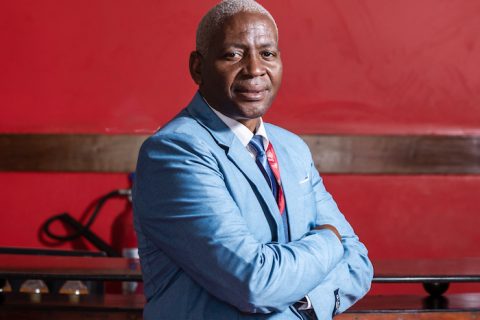

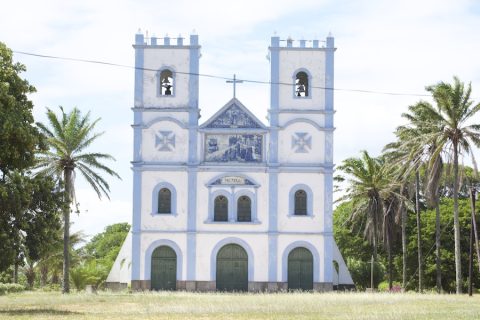
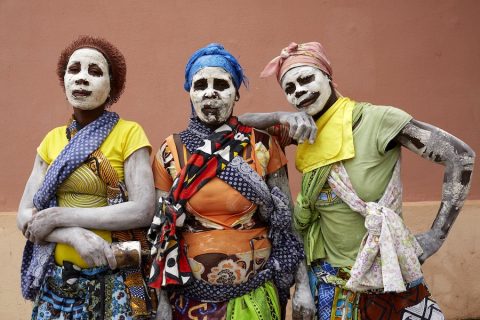
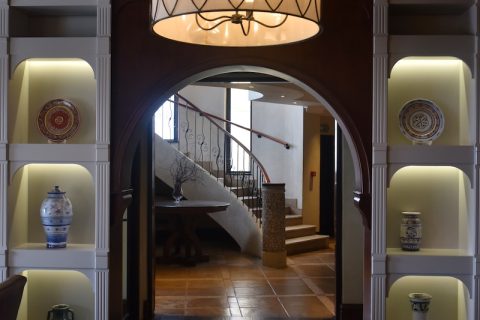


0 Comments